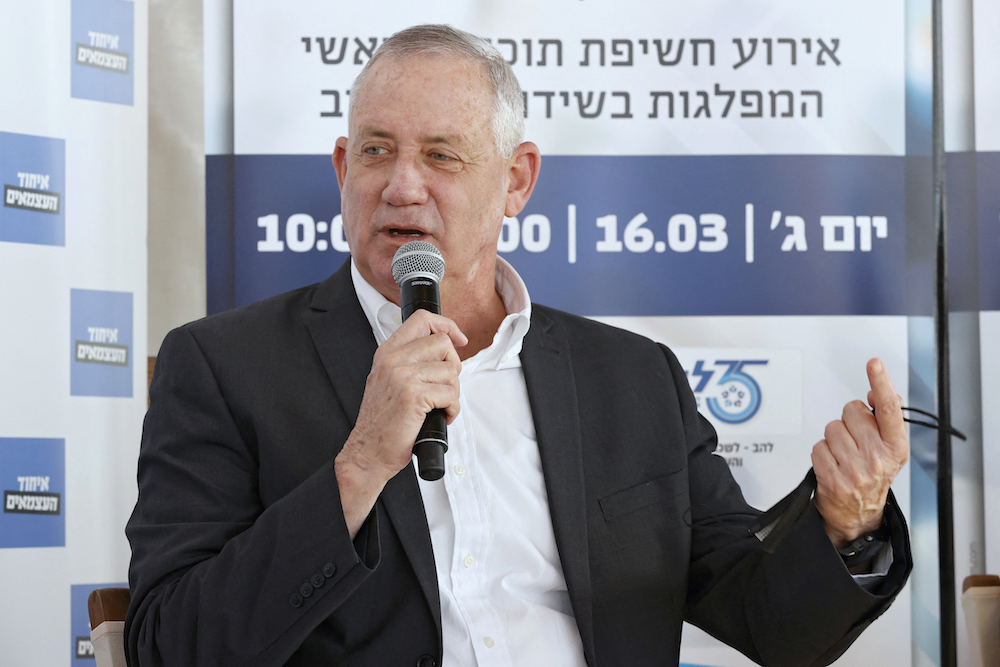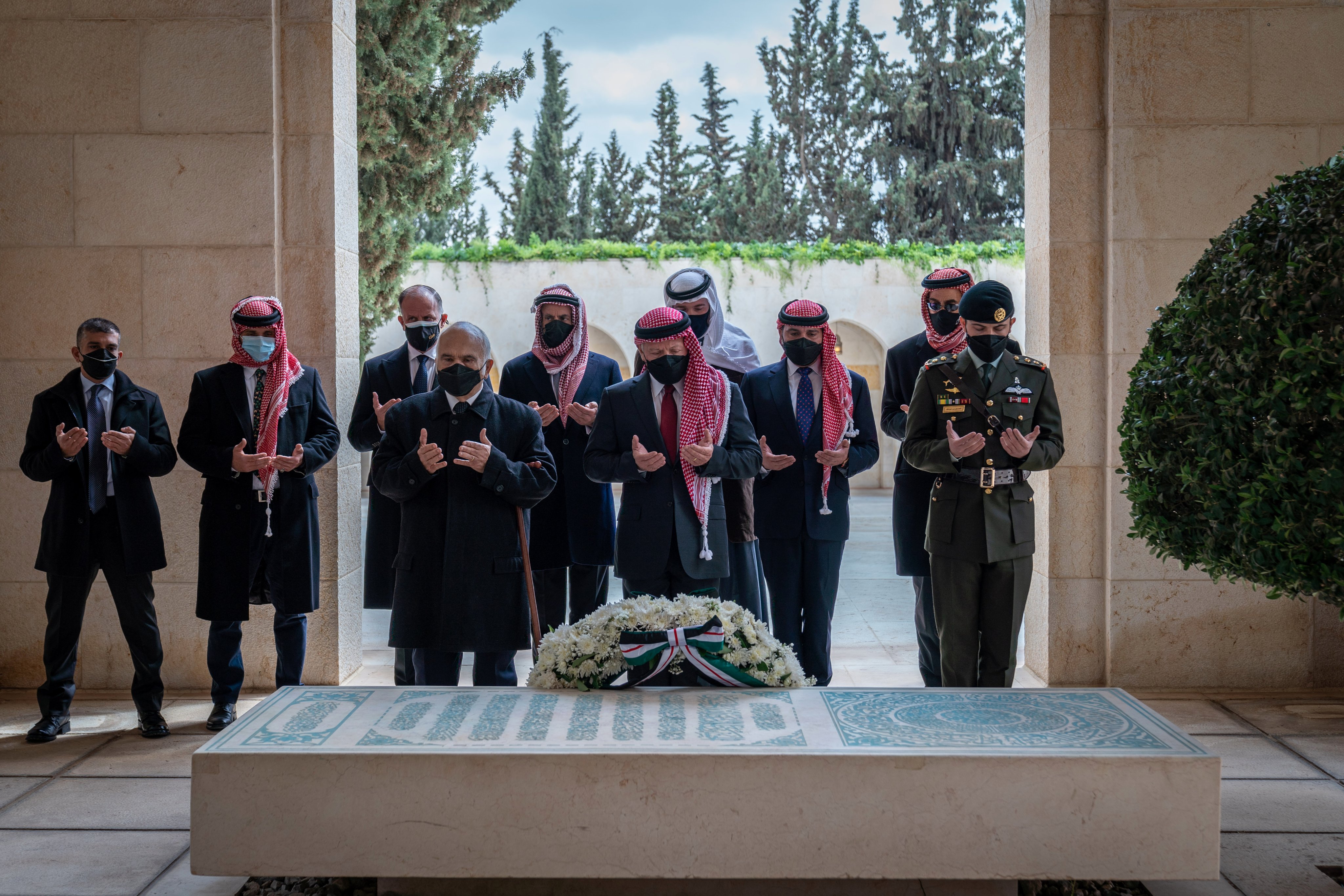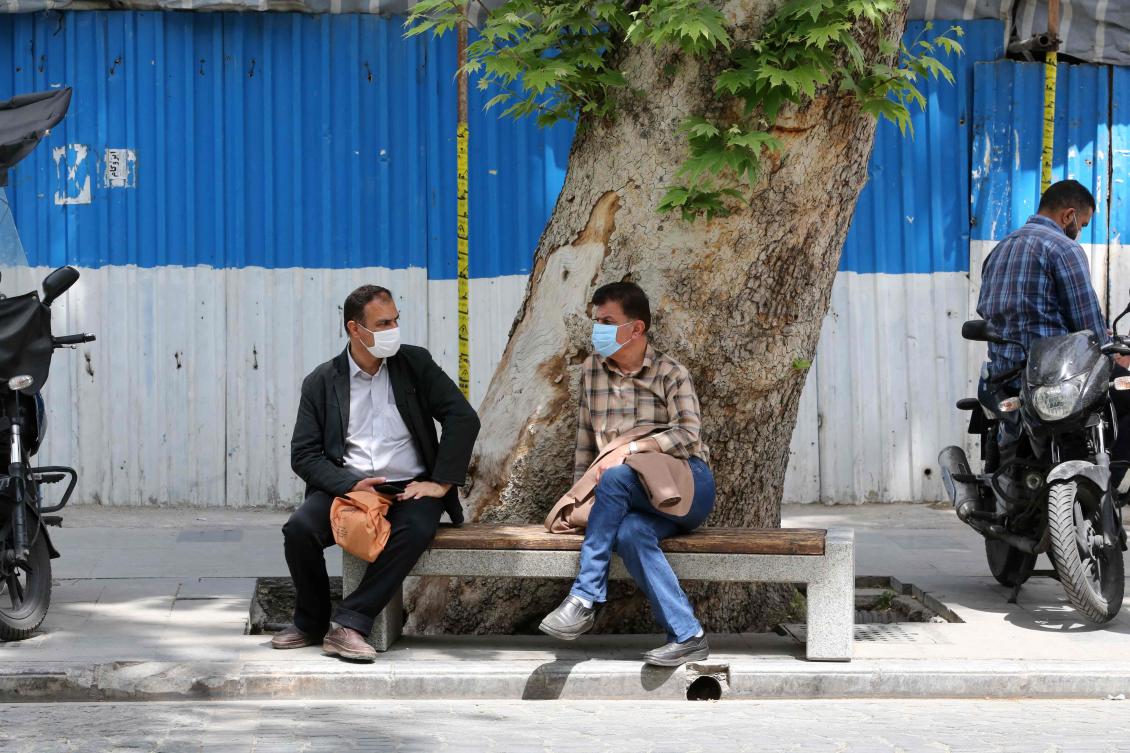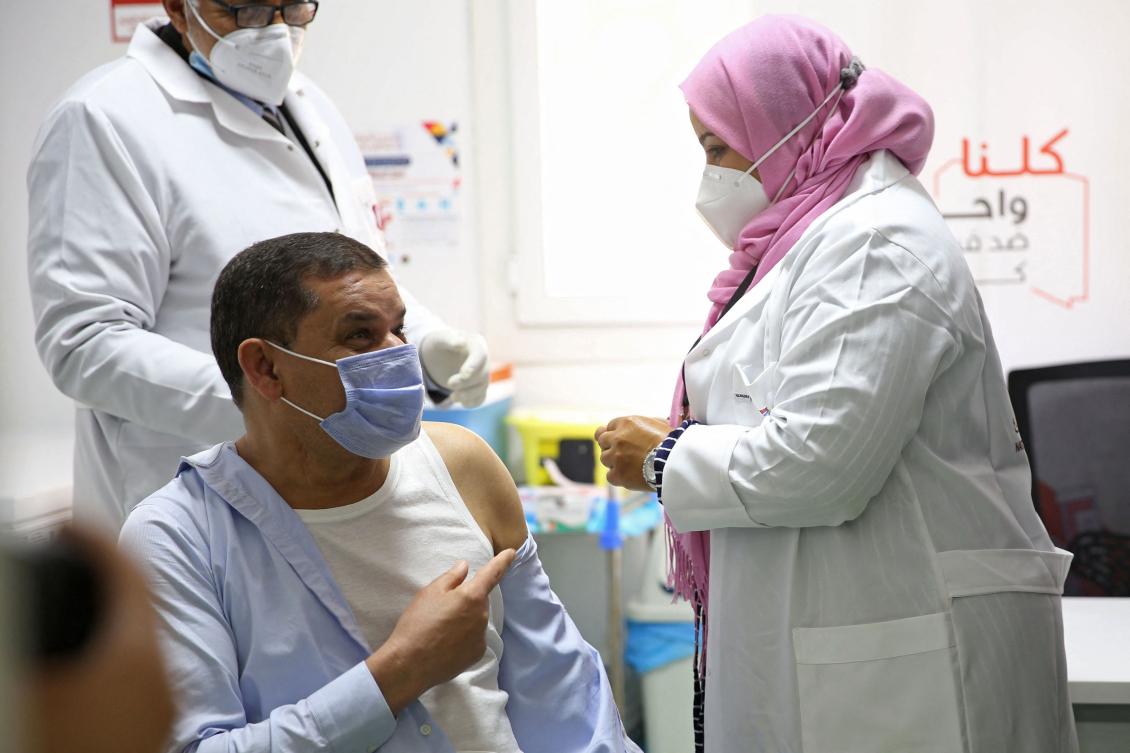Israel says will help ensure a ‘new’ Iran deal protects interests
TEL AVIV: Israel will work with Washington to ensure any “new agreement” on Iran’s nuclear program will safeguard regional security, Defense Minister Benny Gantz told his US counterpart Lloyd Austin on Sunday.
The comments came as Austin made the first high-level US trip to Israel since talks resumed on reviving the 2015 Iran nuclear accord, which the Jewish state fiercely opposed.
Gantz said “we will work closely with our American allies to ensure that any new agreement with Iran will secure the vital interests of the world and the United States, prevent a dangerous arms race in our region and protect the State of Israel.”
Austin, the highest-level envoy from President Joe Biden’s administration yet to visit ally Israel, said Washington would work with Israel “to advance shared security interest and priorities.”
Stressing America’s “iron-clad” bond with Israel, Austin said the US will “continue close consultations to ensure Israel’s qualitative military edge and to strengthen Israel’s security.”
Austin’s visit came just days after the US said it had offered “very serious” ideas on reviving the hobbled nuclear agreement reached between Tehran and world powers, which was abandoned by former president Donald Trump in 2018.
Israel under hawkish Prime Minister Benjamin Netanyahu has been a fierce critic of the Iran nuclear deal, dating back to when it was being negotiated during Barack Obama’s administration.
Netanyahu, whom Austin was due to meet on his visit, applauded when Trump withdrew from the deal and imposed sanctions on Tehran, which responded by stepping back from several of its commitments under the deal.
In the latest breach of its undertakings in the troubled agreement, Tehran announced on Saturday that it had started up advanced uranium enrichment centrifuges.
President Hassan Rouhani inaugurated a cascade of 164 IR-6 centrifuges for producing enriched uranium, as well as two test cascades — of 30 IR-5 and 30 IR-6S devices respectively — at Iran’s Natanz uranium enrichment plant, in a ceremony broadcast by state television.
An “accident” took place at Natanz on Sunday but caused no casualties or damage, the Fars news agency reported, citing officials.
In an address marking the eve of Holocaust Remembrance Day, Netanyahu had said on Wednesday that Israel would not be bound to a nuclear deal that would enable the Islamic republic to develop atomic weapons.
“An agreement with Iran that would pave the way to nuclear weapons — weapons that threaten our extinction — would not compel us in any way,” said the veteran premier.
Biden has said he is prepared to return to the agreement, arguing the deal had — until Washington’s withdrawal — been successful in dramatically scaling back Iran’s nuclear activities.
But Washington has demanded Iran returns to compliance while Tehran has insisted on an end to all US restrictions, with each side demanding that the other make the first move.

Pentagon chief makes first Israel visit by Biden official, Iran on the agendaIran boosts nuclear program in snub to US




